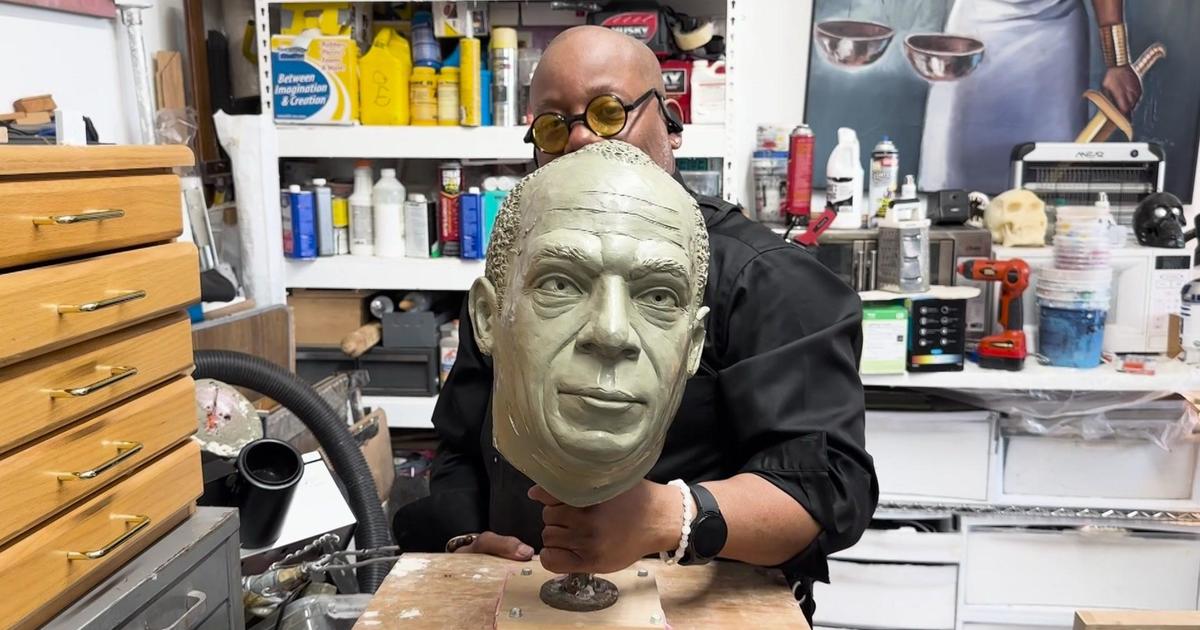Revolutionary New Procedure May Help People Avoid Amputations
TEANECK, N.J. (CBSNewYork) -- It is a terrible human toll you might not know about – more than 1 million limbs are amputated every year due to poor blood flow.
As CBS2's Dr. Max Gomez reported Monday, a local hospital is working on a groundbreaking treatment that could give those at risk of amputation the greatest gift of all -- a chance to keep their limbs.
"I'm 83 years old, so I lived a good life," said Charles McClester.
McClester, a diabetes sufferer, knew if doctors had to take his foot, his good life would forever change.
"I can't imagine what that would be like," he said.
But limb amputations do happen -- every 30 seconds in the U.S. Many of these cases could be avoided, said Dr. John Rundback of Holy Name Medical Center in Teaneck, New Jersey.
"More than half of the people who have a major amputation never even get a vascular evaluation to find the underlying cause," Rundback said.
The most common underlying cause is atherosclerosis in blood vessels. It could be the result of high cholesterol, high blood pressure, or diabetes.
"There's a prevailing view that atherosclerosis, or hardening of the arteries, is just a phenomenon of getting older," Rndback said.
When left untreated, the disease can impede blood flow and prevent wounds from healing -- which is what leads to amputation.
But now, a revolutionary procedure at Holy Name Hospital Teaneck may prevent many of those amputations.
Rundback and his team of interventional radiologists are studying a way to prevent the worst-case scenario.
"This clinical trial is now evaluating the injection of a special protein that recruits your own stem cells -- cells that migrate to the area where there's a wound and now turn into blood vessels; turn into healing cells; turn into skin cells," he said.
The injection, which follows a minimally invasive procedure to clear the plaque, is called STOP-PAD. The two-year study, conducted at 24 sites across the U.S. including Holy Name Hospital, has shown such positive results in treated patients that it has been fast tracked by the Food & Drug Administration.
"Charles was a typical patient for us -- an older man, diabetic, who presented with a wound and had the potential to have a major amputation," Rundback said.
It is a double blind study, so neither McClester nor the researchers know if he received a placebo or the actual protein. Either way, McClester avoided amputation and he is back on his feet.
"I'm happy about that," McClester said.
The clinical trial follows a previous study with 180 patients that saw a majority of patients experience less pain, a reduction wound size and improvement in overall feeling of wellness.



